Why Understanding Gen Z Is Your Leadership’s Next Big Step
Lolly Daskal
MARCH 27, 2024
These digital natives, born between 1997 and 2012, are poised to make a significant impact on the workplace. Foster Inclusivity and Diversity: Gen Z values diversity and inclusivity. Emphasize inclusivity in hiring, mentorship programs, and team collaborations.




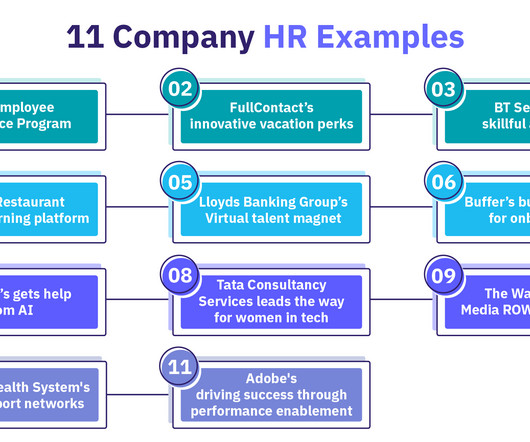












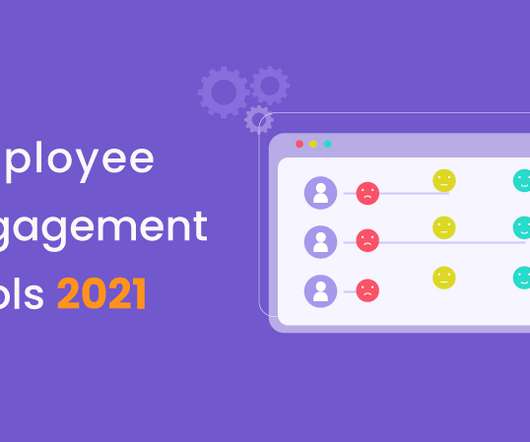












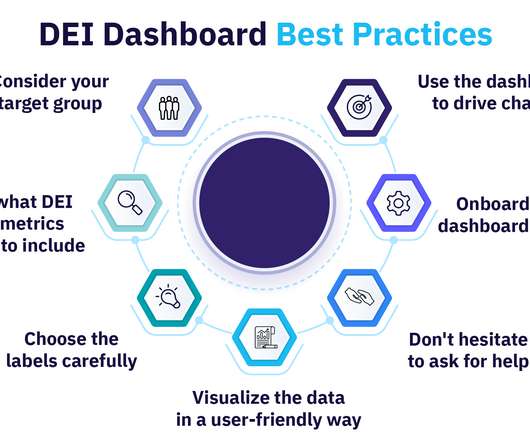


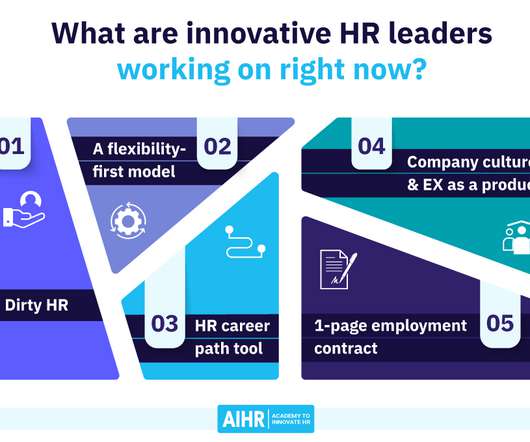

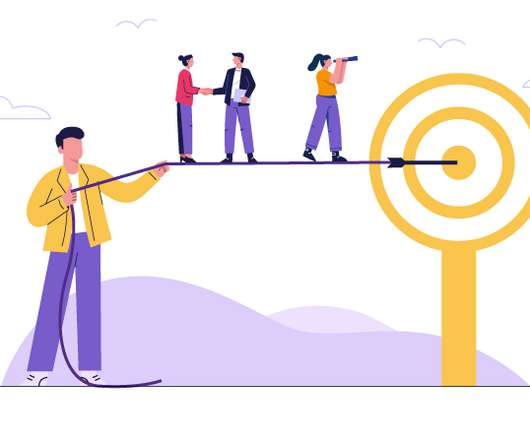







Let's personalize your content